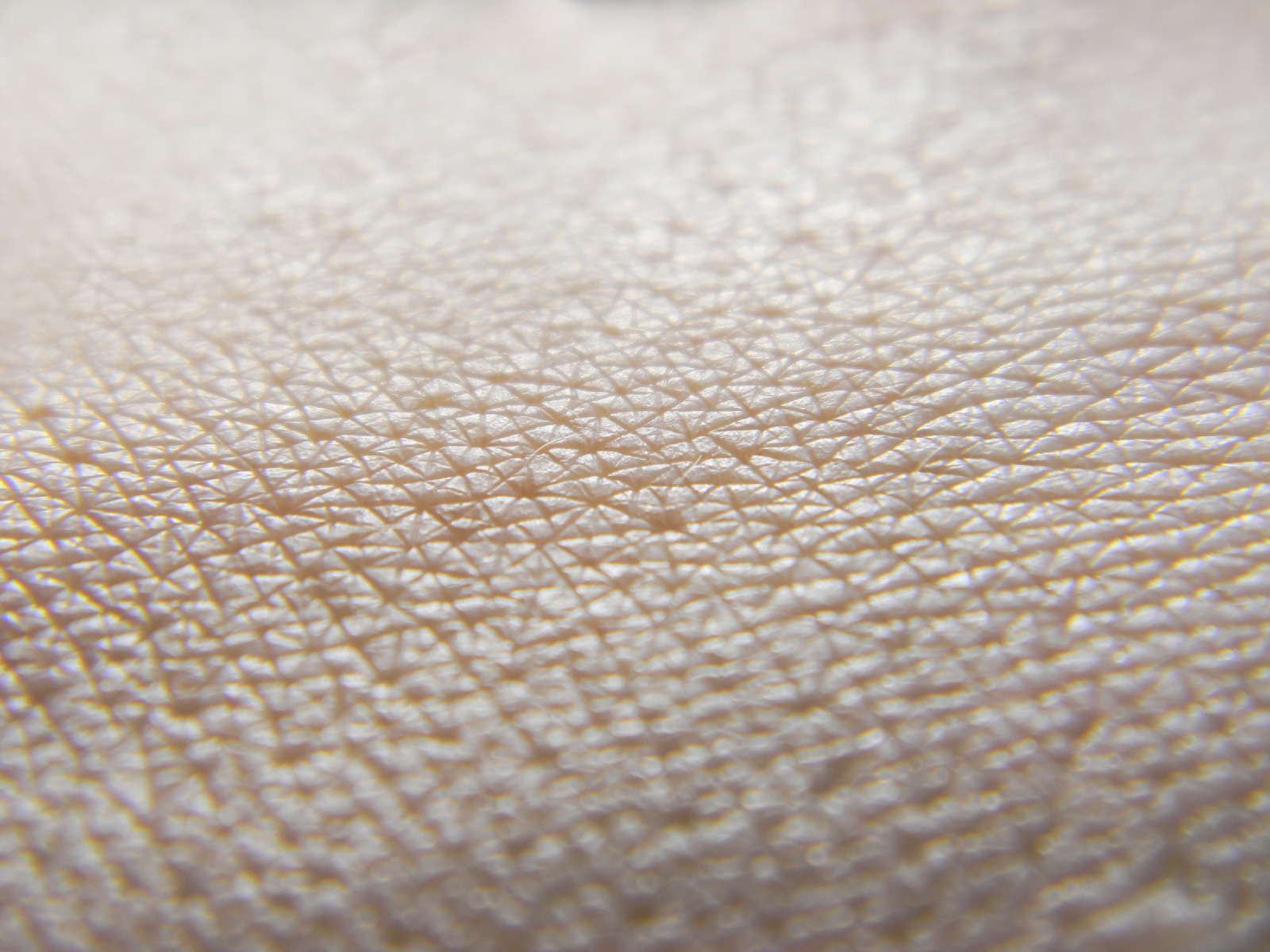Novartis takes $485m hit after axing eczema drug from pipeline

Novartis has axed development of its mid-stage eczema drug ZPL389, taking a $485 million hit in the process.
Buried deep in the Swiss company’s Q2 results statement, the company said it had discontinued development of the oral H4 receptor antagonist.
Novartis added ZPL389, also known as adriforant, to its pipeline with a buyout of UK biotech Ziarco in late 2016.
At that time Sanofi was cruising towards an important FDA approval for its Dupixent (dupilumab) injection for the skin disease also known as atopic dermatitis.
Noting the blockbuster potential for drugs that treat the underlying cause of the inflammatory disease driven by the immune system, several other big pharma companies tried to get in on the act.
But three years after buying Ziarco for an undisclosed sum, Novartis said the phase 2 drug had been scrapped.
Novartis had been eyeing a potential filing with regulators in 2024 or later.
It’s perhaps not a surprise as the drug had missed an endpoint related to itch in a phase 2a study shortly before Novartis bought out Ziarco.
The drug had outperformed placebo at reducing eczema symptoms, which had been enough to convince Novartis that the project was worth investing in.
It’s the latest disappointment for Novartis and its bid to take on Dupixent, which has become one of Sanofi’s most important drugs with sales of 776 million euros ($880 million) in Q1 after approval in eczema and asthma.
Novartis paid $110 million for global rights for Galapagos and MorphoSys anti-IL-17C antibody MOR106 in 2018 – but the biotech axed development in October last year after an analysis midway through a phase 2 trial showed it was likely to fail.
Spain’s Almirall is another company hoping to take on Sanofi – it has licensed in lebrikizumab from Dermira.
Almirall is hoping that the IL-13 inhibitor class drug will be a strong competitor for Dupixent, which has a different mechanism of action focused on IL-4.
Incyte is also planning a US filing of its atopic dermatitis cream containing ruxolitinib before the end of this year.
The topical formulation of the JAK1/2 inhibitor hit targets in a pair of phase 3 trials that produced readouts earlier this year.












